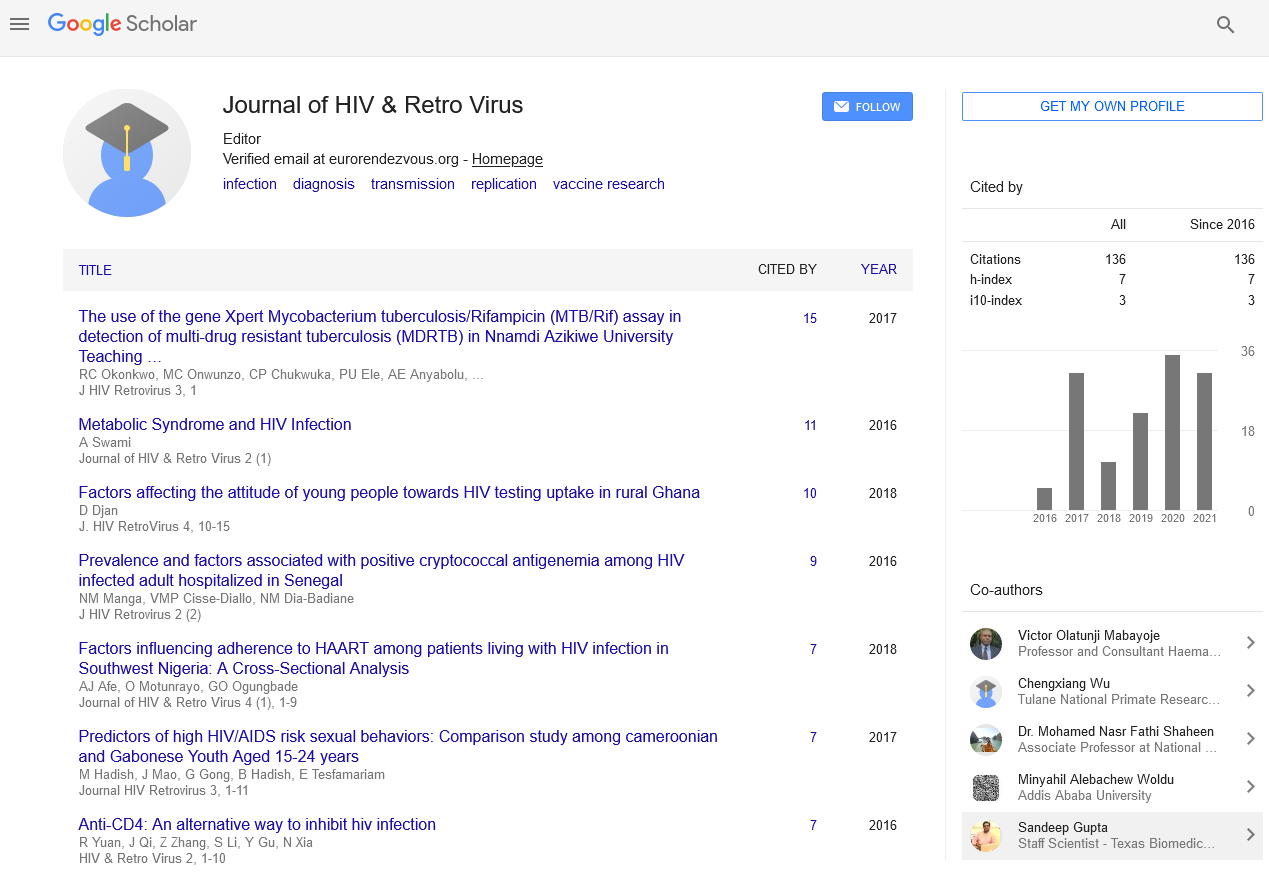Perspective - (2024) Volume 10, Issue 2
Exploring Rectal Fluids: Understanding an Often Overlooked Aspect of Human Physiology
Alexander Robinson*
Department of Medical Science, Cornell University, USA
*Correspondence:
Alexander Robinson,
Department of Medical Science, Cornell University,
USA,
Email:
Received: 29-May-2024, Manuscript No. IPJHRV-24-20010;
Editor assigned: 31-May-2024, Pre QC No. IPJHRV-24-20010 (PQ);
Reviewed: 14-Jun-2024, QC No. IPJHRV-24-20010;
Revised: 19-Jun-2024, Manuscript No. IPJHRV-24-20010(R);
Published:
26-Jun-2024, DOI: 10.21767/2471-9676.10.2.20
Introduction
In the realm of human physiology, certain bodily fluids garner
more attention than others. Blood, sweat, and tears are
commonly studied and discussed, but there’s one fluid that
tends to fly under the radar: Rectal fluid. Despite its relative
obscurity, rectal fluid plays a crucial role in gastrointestinal
health and warrants a closer examination to appreciate its
significance. Rectal fluid, also known as rectal mucus or rectal
discharge, is a lubricating substance produced by the rectal
mucosa. This specialized fluid serves multiple functions within
the gastrointestinal tract, including lubrication of the rectal
lining, facilitation of stool passage, and protection against
mechanical and chemical damage. While its composition may
vary depending on factors such as hydration status, diet, and
underlying health conditions, rectal fluid typically consists of
water, electrolytes, mucins, and various proteins. One of the
primary roles of rectal fluid is to maintain the integrity of the
rectal mucosa and ensure smooth passage of stool during
defecation.
Description
By lubricating the rectal wall, this fluid reduces friction and
minimizes the risk of injury or irritation, contributing to overall
gastrointestinal comfort. Additionally, rectal fluid helps to form
a protective barrier that shields the delicate mucosal tissue
from abrasive substances and microbial pathogens present
in faecal matter. Beyond its mechanical functions, rectal fluid
also plays a role in faecal consistency and bowel motility.
Adequate hydration of the rectal contents ensures that stool
remains soft and pliable, facilitating its passage through the
anus. Conversely, deficiencies in rectal fluid production or
alterations in its composition can lead to constipation, straining
during defecation, and potential complications such as
haemorrhoids or anal fissures. The composition of rectal fluid
can be influenced by various factors, including dietary habits,
hydration status, and underlying gastrointestinal conditions.
For example, a high-fibre diet may increase the volume of
rectal fluid, leading to softer stools and more efficient bowel
movements. Conversely, dehydration or certain medications
may result in decreased rectal fluid production, potentially
contributing to constipation or discomfort. While rectal fluid
is a natural and essential component of gastrointestinal
function, abnormalities in its production or composition can
signal underlying health issues. Excessive rectal discharge,
particularly if accompanied by other symptoms such as rectal
bleeding or changes in bowel habits, may warrant further
evaluation by a healthcare provider to rule out conditions such
as inflammatory bowel disease, colorectal cancer, or infectious
diarrhoea. In addition to its clinical significance, rectal fluid
has also garnered attention in the field of sexual health and
hygiene. Anal intercourse, for example, may stimulate the
production of rectal fluid as natural lubricant, reducing friction
and discomfort during sexual activity.
Conclusion
In conclusion, it’s essential to note that the presence of
rectal fluid does not provide complete protection against
Sexually Transmitted Infections (STIs), and proper precautions,
such as condom use, are still necessary to reduce the risk of
transmission. rectal fluid may not be the most glamorous topic
of discussion, but its importance in maintaining gastrointestinal
health and function cannot be overstated. From lubricating
the rectal lining to facilitating bowel movements, this oftenoverlooked
fluid plays a vital role in ensuring comfort and wellbeing.
Citation: Robinson A (2024) Exploring Rectal Fluids: Understanding an Often Overlooked Aspect of Human Physiology. J HIV Retrovirus. 10:20.
Copyright: © 2024 Robinson A. This is an open-access article distributed under the terms of the Creative Commons Attribution License, which permits unrestricted use, distribution, and reproduction in any medium, provided the original author and source are credited.

